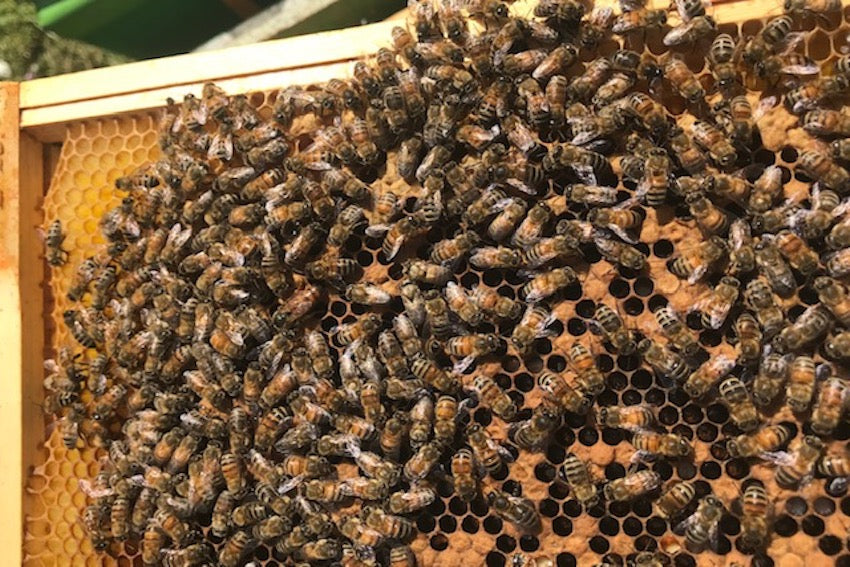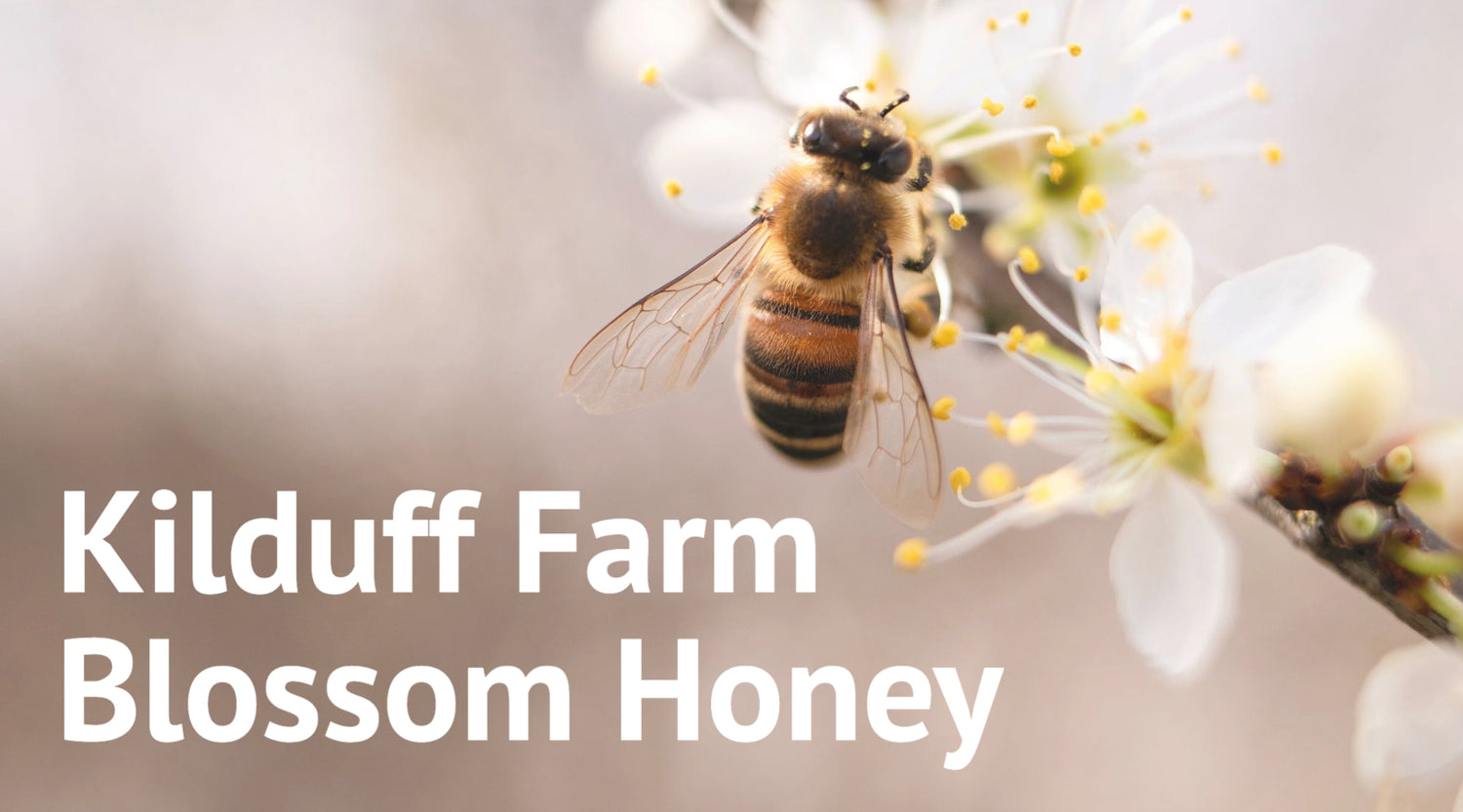Are honey bees going extinct?
Honey bees are not going extinct but, like many pollinators, they are under stress. Where honey bees have almost ceased to exist are as wild colonies. The honey bees we have in the UK will mainly come from hives managed by beekeepers.
Historically there used to be a lot more beehives in the UK than there are now. Having a beehive at the bottom of the garden was a supplement to a rural income. During the Second World War there were estimated to be about a million beehives in the UK. In 2016 this number was at around 200,000.
So what happened? Well there are a number of contributing factors that have made it harder to be a honey bee.
- Changing agriculture
In an article for The Biologist Professor Ratnieks writes that “since World War Two the spread of intensive farming has greatly reduced areas rich in wildflowers, such as hay meadows. In the UK, 75 per cent of the total land is now agricultural, so the lack of flowers is a major problem for our bees.”
- Varroa
This small parasitic mite causes varroosis which is a serious and complex infestation of honey bees. Honey bee colonies suffering bad infestations are more susceptible to other viruses. The varroa mite has led to a huge reduction in the number of wild honey bee colonies.
- Climate change
There are countless negative impacts of climate change. For the honey bee, wetter and milder winters are one of them, leading to higher winter losses.
- New pests
Another cloud on the horizon are the threats of small hive beetle and Asian hornet both of which can be seriously damaging to a colony of honey bees.
Honey bee doom?
Yes, these factors are serious, but I don’t think it is all doom and gloom for the honey bee. I have spoken to beekeepers who tell me their hive numbers have stayed consistent over a number of years. My local beekeeping association has seen huge interest in beginner beekeeping courses. Farming practices are changing. Many farmers we work with are working to increase biodiversity on their farms.
The important thing is to make sure we have skilled beekeepers that are able to care for managed honey bee colonies. In a way the honey bee is more protected than other bee species through the practice of beekeeping.
Wild bees
The honey bee is ubiquitous and gets a lot of press. Honey bees are amazing so this makes sense, but I think a lot of this comes down to the fact that we consume their delicious honey and so are more aware of them. They do face a lot of the same threats as other bees but are not, presently, at risk of extinction. Other bee species are, and they deserve our attention.
There are around 250 species of wild bee in the UK and some of these are in serious peril. A 2019 report produced by the WWF and Buglife entitled ‘Bees under siege from habitat loss, climate change and pesticides’ highlight the challenges our wild bees face.
In this report 26 species of wild bee are listed as either ‘critically endangered’, ‘endangered’ or ‘near threatened’. Some examples of these 26 species include the pale-tailed mining bee, the moss carder bee, the armed nomad bee and the furry-bellied blood bee. For me, it is important that I get to know these bees as well as I know the honey bee.
So, are honey bees going extinct?
The bees we have in the UK play a hugely important part in the pollination of our wildflowers and food crops. Habitat loss, pesticides and climate change all contribute to the threat these bees face. They have led to a decline in bee numbers, with some species being more adversely affected than others.
The honey bee itself is not currently facing the threat of extinction but many wild bees are.
Leave us some pictures below of any wild bees you have spotted around, or check out our website here where you can sponsor your own bee








7 comments
the only thing for me is the fact that I live in the USA and not the UK. so someone his info is not true for us.
I found a wild black bee nest in a hole in a tree today, they were very busy in and out and some loaded with honey, I used to keep bees but these bees seemed to be smaller than hive black bees, maybe an original colony. I will be keeping an eye on them, the location is somewhere in north Cotswolds.
Poor bees😭
But bees are my favourite flying insects!
Killing bees is too much! So upsetting! Why is this happening?!